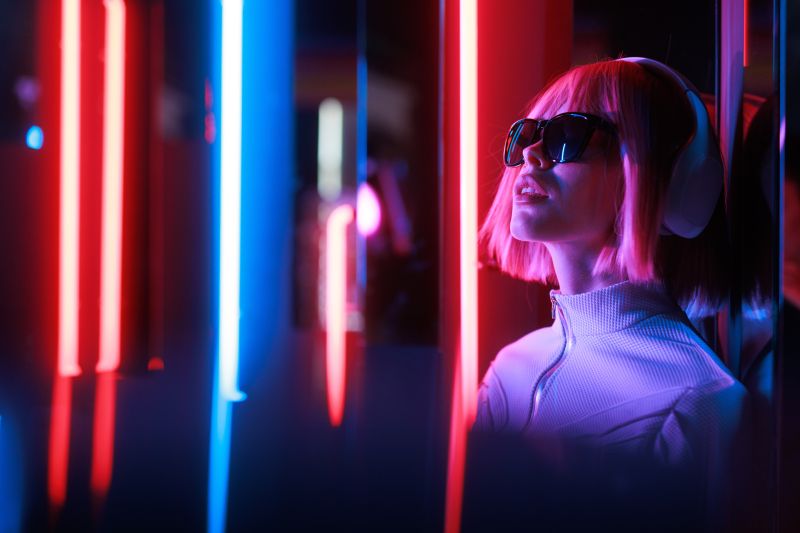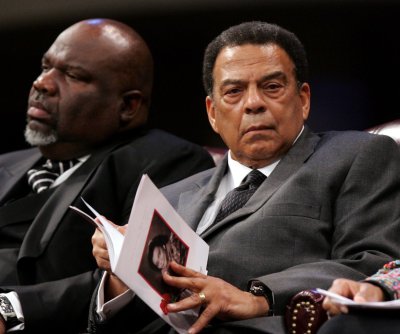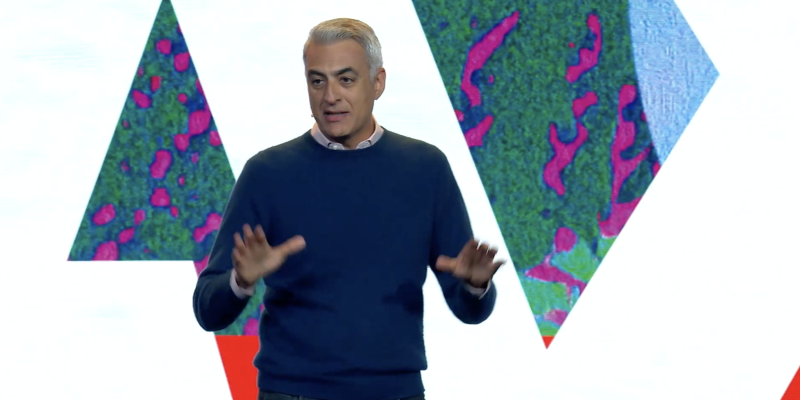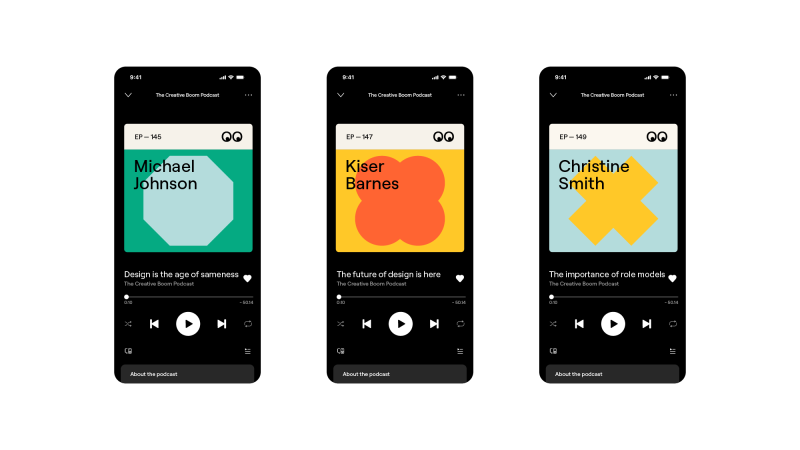Now Reading: AI is coming for advertising… but is it coming for us?
-
01
AI is coming for advertising… but is it coming for us?
AI is coming for advertising… but is it coming for us?

The typical prompt “What can I help with?” from AI assistants brings comfort to many. However, it may not be the case for those in the advertising industry. Traditionally, ad professionals, exemplified by characters like Don Draper in the Mad Men series, were known for their creativity driven by intuition, cultural understanding, and human persuasion. But today, this image is changing as creative processes are increasingly influenced by data-driven algorithms.
Canadian philosopher Marshall McLuhan, often referred to as the “father of media,” once suggested that the way we communicate shapes our human experience more than the actual content. The transition from print to TV, from analog to digital, not only altered what we consume but also rewired our thinking, behavior, and presence in the world. Now, AI is the next significant medium in this progression.
Applying McLuhan’s reasoning to AI, his statement that “we shape tools and thereafter, our tools shape us” is unsettling. AI is not just another tool for creativity; it is restructuring the framework of advertising itself. This means that AI is not only automating processes but also dictating them, deciding what is worthy of advertising, and redirecting human creativity rather than just assisting it.
This shift signifies a significant departure from the era of Mad Men, where human intuition, instinct, and storytelling were at the core of brand identity. Algorithms now determine relevance, prioritize efficiency and data over emotional connections. This raises concerns about the future of creativity, with questions arising about whether AI will reduce creativity and originality to mere equations.
While there is a narrative emerging that suggests sidelining creativity, storytelling, and human insights in favor of data-driven logic, history shows that fears of technological advancements taking over have been common in the past. Just as advertising evolved with the rise of digital media, AI, if used correctly, can provide creatives with more time to focus on what they excel at: creating.
Assumptions that advertising is solely about automation and optimization overlook the industry’s foundation in psychology, culture, and storytelling. Can AI achieve the same impact? Can it create brands that resonate with people? While AI can optimize campaigns, it cannot replicate human creativity, strategic depth, and cultural intuition that define great branding.
AI is not the enemy; it is an accelerant that will push the industry to evolve. By intentionally applying AI to support human insight, collaborating with its analytical capabilities, and preserving the focus on storytelling and emotional connections, agencies can elevate their work. Don Draper may retain his role, but AI will compel the industry to adapt and innovate.
As technology continues to advance, it is vital to ensure that AI serves humans, not the other way around. While the medium may change, human ingenuity and creativity will endure in shaping the message.






